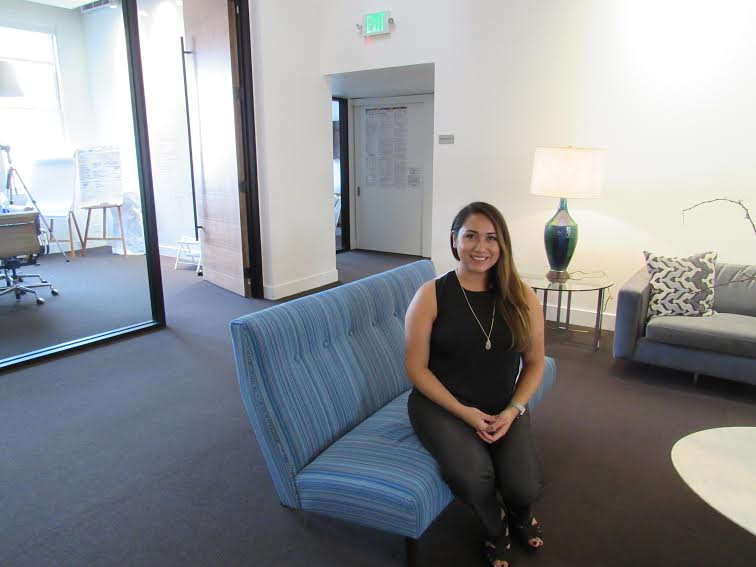Project XQ Fuels New Version of Public School System
According to the organization’s website, the Super Schools project, created and facilitated by Project XQ, is “a movement to rethink America’s schools.” The group claims that while countless aspects of American society have been revolutionized, public schools have been left behind. To remedy this, Project XQ has requested submissions from teams, open to anyone over the age of 13, with plans for improved public high schools. There are a few phases of competition, after which a few groups’ plans will be selected. Five to ten high schools will then be created across America based off of the chosen plan. The creation of these schools will be funded by Laurene Powell Jobs, who has pledged 50 million dollars to the project. The first phase of submissions closed Feb. 11, and the final decision will be made in August 2016.
According to the National Center for Educational Statistics (NCES), “Among schools with 12th grade students during the 2010–11 school year, the average percentage of 12th grade students who graduated with a high school diploma was 89 percent for traditional public schools, 91 percent for public charter schools, and 92 percent for private schools.” The gap between the success rates of private and public school becomes even more drastic when considering the number of students enrolling in university. “Within this group of schools, the average percentage of graduates who went to a 4-year college was 40 percent for traditional public schools, 37 percent for public charter schools, and 64 percent for private schools,” the NCES fact sheet continues.
Marlene Castro, Manager of Student and Community Relations at Project XQ, spoke to the Urban Legend Staff about the shortcomings of the current public school system, saying, “It’s not just a resource thing, it’s a mindset thing.” The Super Schools project is “starting the domino effect of really taking back 100+ years of a system that’s not built for the world today.” The Super Schools project is unique because “it’s rooted in community. It’s rooted in the people that education is supposed to serve. And it encourages collaboration amongst a community,” said Castro.
While Urban Academic Dean Geoff Ruth said of the project, “It’s certainly more open-ended and radical in its goals than the Gates Foundation’s educational initiatives,” he believes “it’s also important to put the money in perspective. $50 million sounds impressive until considered in the context of California’s education budget.”
Urban students also recognized how money, or lack thereof, plays a significant role in the public school system. Clare Blackwell (‘16), said, “The school system is lacking money, which is the biggest problem. This means that the class sizes are large and there are not enough resources. Many schools need to fight really hard just to keep music and art programs.”
The California education budget for the 2014-2015 school year was over $45 billion, nearly 1,000 times larger than Powell Jobs’ donation. However, the Super Schools project hopes to fund only five to ten schools across the country, while there are 10,393 public schools in California alone, according to the California Department of Education.
The prevalence of standardized testing is seen as another major factor that puts public school students at a disadvantage. Amy Argenal, Urban Director of Service Learning, said, “I am strongly against the importance of standardized testing and think that this deeply impacts what a teacher can do in the classroom. I saw this in many of the after-school programs I worked in, where students were given sample test questions as homework, and there was no motivation for the students to engage in it.”
Blackwell, who presents a possible solution to this lack of motivation, said, “I think students would be more interested in what they are learning about if they saw the connections between subjects, so I think that there should be more emphasis on interdisciplinary subjects and how things work together.” Reflecting on her experience as a public middle school teacher, Castro, of Project XQ, said, “I became really disillusioned as a teacher. I wanted to value my students for so much more than just what they demonstrated on an end of year test.”
With the recent completion of the contest submissions phase, Project XQ is beginning to focus on its future. In the interview on February 11, the entry deadline, Ms. Castro said, “The competition is really the first wave and we need to start thinking about the longevity of our organization.” According to Castro, the long term objective of the organization is encouraging communities to create “that collaborative network and partnership across the community to ensure that those students growing up right now become active citizens that contribute to your community’s future.”

